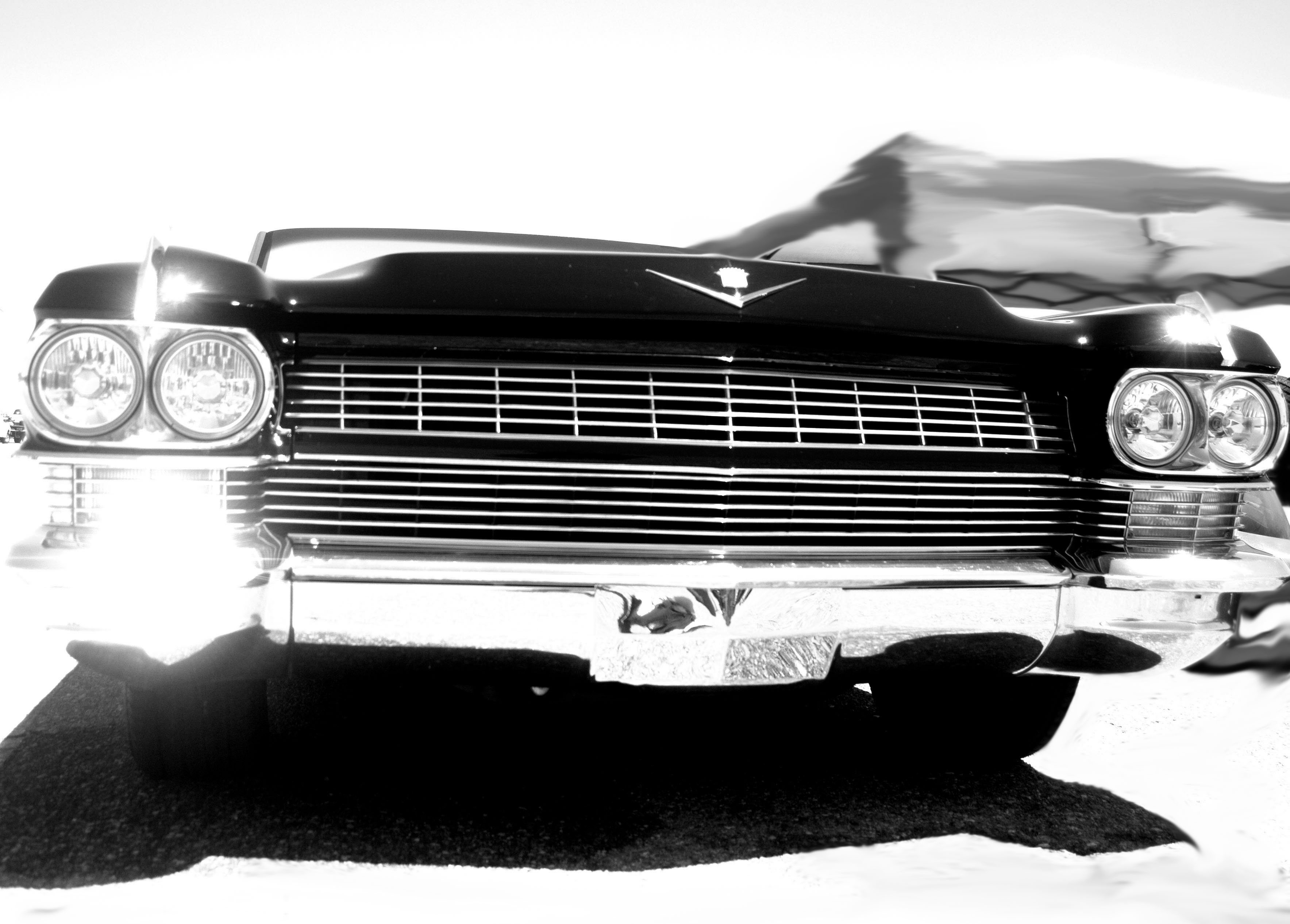Here is the second part of this ’73 line up for the V8.
There were 7 V8 in 1973 (not including the Mustang engines) and the ranged in numbers from 302 to 460 (big number to be sure). Just reading those you think..OH…THE …POWER…NOTHING BUT 100’s RUBBER BURNING, FISH-TAILING HPs!!!…right….uh…NO….these ain’t 60’s engine and they aren’t 2010 engines..nope..they the 70’s engines. Here’s how they ponied up.
The 302 – Overhead valves, cast iron block with a bore and stroke of 4.00 x 3.00. Compression ratio of 8.0:1 with 302 cubic inches displaced. Top that with an awesome 2 barrel Motorcraft carb and you are knocking out 135 hp’s!!!! Those are number only a grandma could love. Compare that with the 302 sold under the hoods of Fords in 1970 which yielded 220 hp with a two barrel carb. (Take that 302 bore it .030, toss on a typhoon intake and a 4 barrel Holly you’ll have exactly what currently have in my ’70 Stang.)
Next up is the family of 351s, the Windsor, the Cleveland and the CJ Windsor.
All three had overhead valves, cast iron blocks and all displaced 351 cubic inches. They shared the same bore and stroke which was 4.00 x 3.5 and the compression ratios ranged from 8.0:1 to 8.6:1 and the horse power varied by rpm 3800 to 4000 between 156 up to 177, the Cleveland and baby Windsor were choked with a 2 barrel carb while the CJ managed to steal a 4 barrel of the assembly line shelf and had a compression ratio of 9.0:1. The 351 CJ was able to come in a little more respectable with 266 hp at 5400 rpm.
I will tell you this there were very few 351 CJ Windsor made in 1973 and 1974. I owned a 1974 351 CJ and my researched showed that less than 100 of these engined were produced that year.
All of these were used in the Torino, Montego, Mustang, Cougar and other Ford and Mercury models. The 351 CJ was used in the Mustang and Cougar.
Up next the 400’s for 1973.
Thanks for reading.
Tim



Great review, the 302 was a great engine! Can’t wait for the 400
Thanks Mike. 400’s are in draft. Along with a bit of twist for this series.